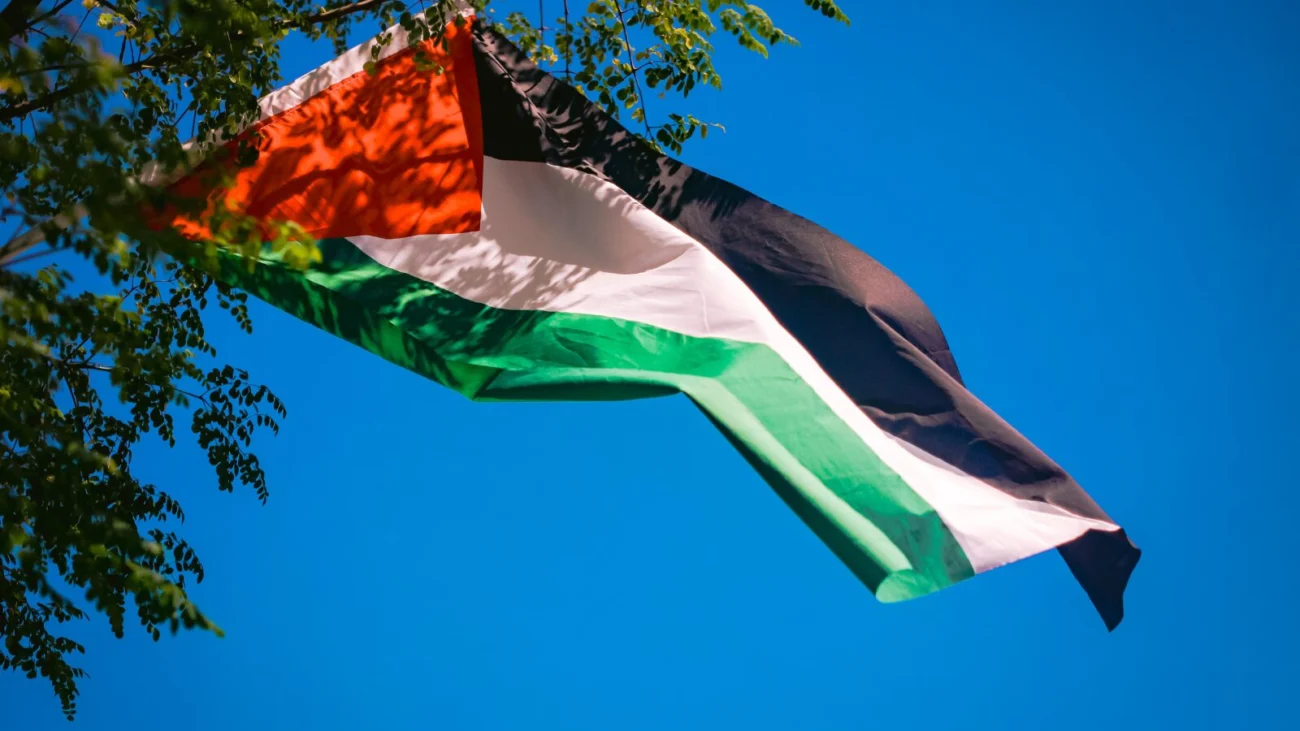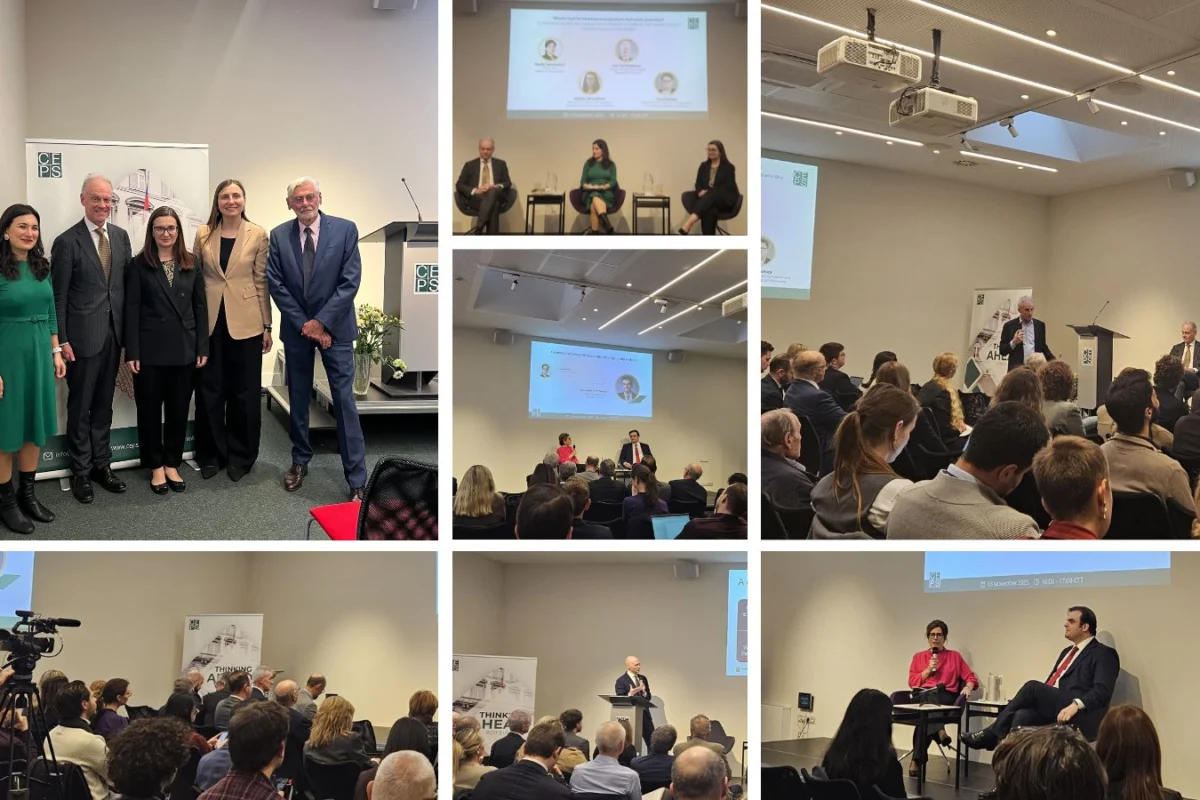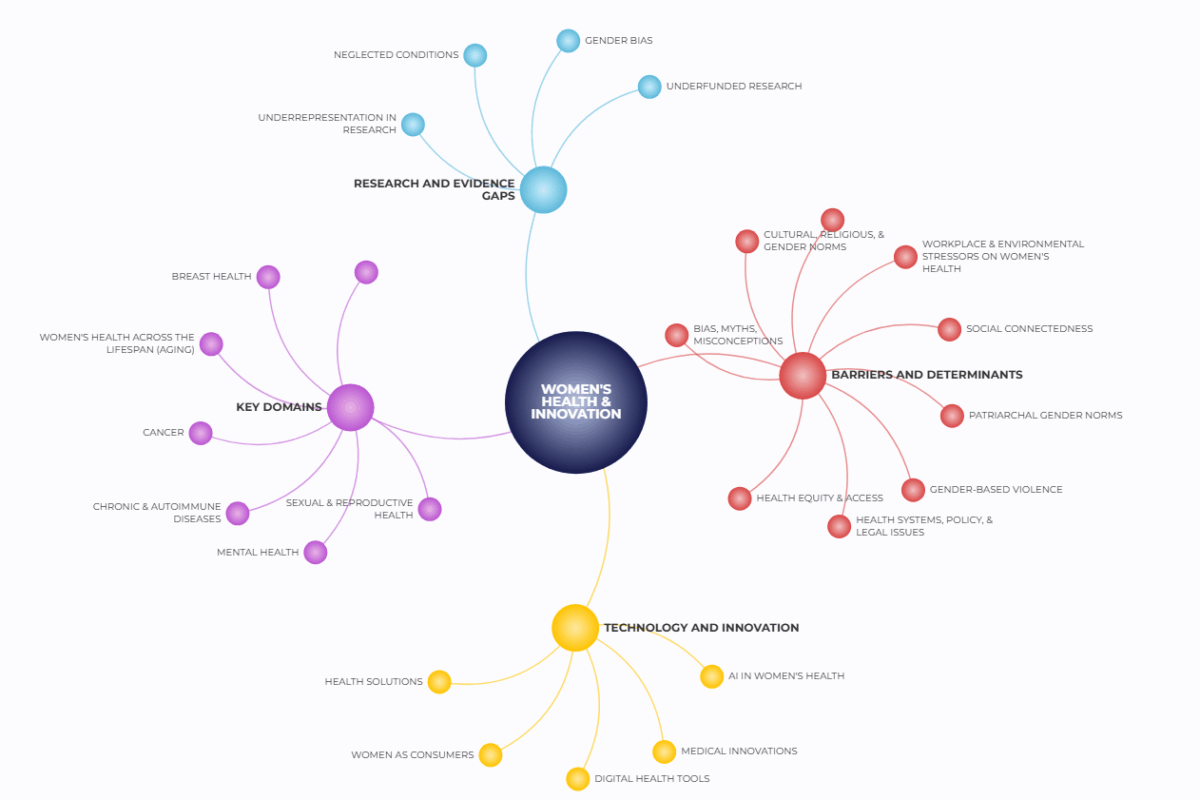Open Letter co-signed by 209 former EU and Member State Ambassadors and Senior Staff
Issued ahead of informal meeting of Foreign Ministers Gymnich, 29 – 30 Aug 2025
Addressed to:
Heads of State and Government, and Foreign Ministers of the EU 27 Member States
President of the European Council
President of the European Commission
President of European Parliament
High Representative for Foreign Affairs & Security Policy / VP of the Commission
Commissioners for: Mediterranean; Trade; Equality, Preparedness & Crisis Management
Chair, Foreign Affairs Committee (AFET), European Parliament
We, a group now comprising 209 former EU and Member State ambassadors and senior officials, are writing in furtherance of the nine proposed EU actions that we compiled in our open letter of 28 July , in response to the Israeli government’s unlawful actions in Gaza and the West Bank , following Hamas’ heinous attacks on 7 October 2023. We note with dismay that, in the ensuing four weeks since our letter, no ceasefire has been agreed in Gaza, no Israeli hostages have been released, and, alarmingly, the Israeli government has begun implementing plans to empty Gaza City and its environs of one million Palestinians, by forcing them into concentration areas in the south, in preparation for possible large-scale deportations to third countries with the risk of fomenting a migration crisis. If this was not bad enough the Integrated Food Security Phase Classification (IPC) confirmed on 22 August that a man-made famine now exists in these same areas of Gaza, with half a million people there facing starvation, destitution and death. Malnutrition now threatens the lives of 132,000 children under five through June 2026 and by the end of September 2025 it is estimated that 640,000 people (a third of the population) will face catastrophic levels of food insecurity. Tragically, already over 200 Gazan citizens, including over 60 children, have succumbed to malnutrition-related deaths. Furthermore:
- Estimates suggest that just since our letter of 28 July more than 2,600 Palestinians have been killed in Gaza, many of them women and children, with over 12,000 injured;
- Compounding the totally inadequate humanitarian access to Gaza, the Israeli government has continued to prevent UNRWA and 100 international NGOs from delivering any aid since 2 March, obstructed the deliveries of other traditional experienced suppliers whilst prioritising the militarisation of aid supplied by the GHF and its mercenaries, in violation of all UN Humanitarian principles, leading to thousands of desperate and hungry Palestinians being killed or injured whilst seeking this assistance;
- International journalists are denied access to Gaza, whilst over 200 locally based journalists & media workers have now been killed, including eleven in recent targeted attacks;
- Israeli Ministers have approved plans to build 3,400 housing units in the E1 area of Palestine, thereby cutting off East Jerusalem from the West Bank and dividing the territory in two, the openly declared aim being to sabotage the longstanding two-state solution which is backed by the vast majority of UN Member States and the EU and is the only viable way for the two peoples to live in peace and security; and
- Violent settlers continue to run amok in the West Bank leading, inter alia, to the recent murder of Odeh Hathalin a well-known peaceful West Bank human rights campaigner.
We express our profound disappointment that, in response to the deteriorating situation in Gaza, no substantive measures have been taken by the EU to pressure Israel to end its brutal war, to resume vital humanitarian assistance by mainstream providers, and to dismantle its illegal occupation of both Gaza and the West Bank. We underline that, if the EU fails to take an effective stand, only Member States individually or in ‘groups of like-minded countries’ will act. While this is welcome in itself, it will not have the full force of EU-wide collective action. The Annex to this letter outlines specific actions that EU Member States are called on to take.
Today’s circumstances in Gaza and the West Bank are unprecedented. Our reiterated and urgent call for action reflects our deep concern at the unjustified retribution and appalling violations of humanitarian and human rights law being committed by the Israeli government against the Palestinian people on a daily basis. It reflects our fervent wish for the EU, to which we dedicated our professional lives, to demonstrate real leadership, worthy of the overwhelming majority of European citizens whose profound disquiet over the current deplorable situation in Palestine is palpable, and consistent with core European values and our credibility with the Global South. Among other things, lack of action undermines efforts to harness support for the EU position on the war in Ukraine.
In closing, we underline that, analogous to the views expressed by many current EU staff members, States and Institutions claiming to support human rights and uphold international law must lead by example with action – not just with words.
Signed on behalf of 110 former EU Ambassadors and Senior Staff as well as 99 former Ambassadors from France, Germany and Italy . The list of co-signatories can be accessed through this hyperlink and is also provided in a separate Annex of Co-Signatories
ANNEX : Actions that EU Member States are called on to take:
(these are in addition to the nine EU actions stipulated in Open letter of 28 July 2025)
While continuing to urge for action at Union level, and in the absence of any serious peace process, we call on Member States to be proactive individually and/or in ‘groups of like-minded countries’ in creating a critical mass of support, within the EU and beyond, in pursuit of protecting and enforcing international law by:
- Unilaterally suspending or revoking arms export licenses to Israel under Member States’ own national export control laws, including for dual-use equipment and technology;
- Stopping the funding of national co-financed projects involving Israeli entities or withdrawing from joint research agreements with Israeli institutions and research bodies, with respect to Horizon Europe, where there is plausible evidence that such funding supports actions illegal under international law;
- Directing public universities and other entities to cease collaboration with Israeli entities suspected of being involved in atrocity crimes;
- Enforcing their own national sanctions’ regimes on human rights grounds and counter-terrorism laws, including visa bans and asset freezes;
- Introducing prohibitions on trade in goods and services with illegal settlements, pending an EU-wide ban on trade, and on the basis of applicable WTO stipulations, noting that earlier this month Slovenia already banned the imports of goods originating from illegal settlements, while Ireland is also taking forward related legislation;
- Divesting from and excluding illegal settlement linked companies from public procurement, state investment and sovereign wealth funds;
- Banning port calls or use of airspace for Israeli military vessels and aircraft, as well as transit stops for any vessels / aircraft transporting military equipment and munitions to Israel;
- Prosecuting indicted Israeli and Palestinian war criminals if they enter their territory, or in some cases even in absentia for Member States that have universal jurisdiction provisions (Germany, Spain, Belgium, France, Sweden, ..…). All Member States are of course obliged to support the ICC with arrest warrants and investigations; and
- Prohibiting data centres and platforms based in Europe from receiving, storing or treating data originating from Israeli government or commercial sources relating to the Israeli government’s presence and activities in Gaza and elsewhere in the occupied territories.
Background to the proposed actions:
Action 2 – Horizon Programme:
Companies mentioned in the UN Special Rapporteur’s report of 16 June 2025 should be prohibited from accessing funds under both the HORIZON programme and the newly announced Euro 150 billion SAFE (Security Action for Europe) programme for defence.
Action 4 – Visa Bans as part of national sanctions regimes:
At a minimum, review the application of current visa free travel arrangements for Israel, to require applicants to sign a declaration that they have not engaged with acts of violence, or in support of same, in the occupied Palestinian territory. While Schengen states have a shared framework for visas and borders each member retains sovereignty to impose national travel bans on third-country nationals for reasons such as security, public order, human rights, or anti-terrorism. Such bans can be purely national or Schengen-wide if a Schengen Information System alert is issued.
Action 4 – Asset Freezes and financial services as part of national sanctions regimes:
National authorities can enforce the human rights obligations applying to all their external suppliers and enforce accountability and impose legal consequences for serious violations of international law under the EU Directive on Corporate Sustainability Due Diligence , e.g. relevant national laws in France and Germany. Sanctions could include the blocking of EU-Israeli banking and financial services transactions, including the access to SWIFT, in respect of any Israeli financial institution that has financed, supported or condoned the government’s unlawful actions in Gaza and the West Bank, or that has given loans to any body manufacturing arms for the IDF.
Action 5 – Prohibitions on trade with illegal settlements:
Any individual member state trade restriction should be taken in order to give momentum to the EU-wide measures being called for, and be in conformity with international (WTO) law. Articles XX and XXI of the GATT/WTO permit members of WTO to take any trade measure necessary to protect public morals, in response to an international emergency, which affects the country’s essential security interests, or taken to fulfil its obligations under the UN Charter e.g. the implementation of UNSC and UNGA Resolutions. In addition, already in 2019 the ECJ ruled that products from the occupied Palestinian territory must be labelled as such and not as originating in Israel. That binding ruling must now be implemented systematically by EU MS’ customs’ authorities.
Disclaimer: The views expressed are solely those of the author(s) and not necessarily those of CEPS as an institution.











